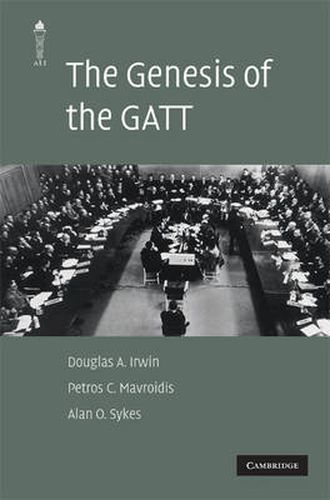Readings Newsletter
Become a Readings Member to make your shopping experience even easier.
Sign in or sign up for free!
You’re not far away from qualifying for FREE standard shipping within Australia
You’ve qualified for FREE standard shipping within Australia
The cart is loading…






This book is part of a wider project on the economic logic behind the General Agreement on Tariffs and Trade (GATT). This volume asks: What does the historical record indicate about the aims and objectives of the framers of the GATT? Where did the provisions of the GATT come from and how did they evolve through various international meetings and drafts? To what extent does the historical record provide support for one or more of the economic rationales for the GATT? This book examines the motivations and contributions of the two main framers of the GATT, the United States and the United Kingdom, as well as the smaller role of other countries. The framers desired a commercial agreement on trade practices as well as negotiated reductions in trade barriers. Both were sought as a way to expand international trade to promote world prosperity, restrict the use of discriminatory policies to reduce conflict over trade, and thereby establish economic foundations for maintaining world peace.
$9.00 standard shipping within Australia
FREE standard shipping within Australia for orders over $100.00
Express & International shipping calculated at checkout
This book is part of a wider project on the economic logic behind the General Agreement on Tariffs and Trade (GATT). This volume asks: What does the historical record indicate about the aims and objectives of the framers of the GATT? Where did the provisions of the GATT come from and how did they evolve through various international meetings and drafts? To what extent does the historical record provide support for one or more of the economic rationales for the GATT? This book examines the motivations and contributions of the two main framers of the GATT, the United States and the United Kingdom, as well as the smaller role of other countries. The framers desired a commercial agreement on trade practices as well as negotiated reductions in trade barriers. Both were sought as a way to expand international trade to promote world prosperity, restrict the use of discriminatory policies to reduce conflict over trade, and thereby establish economic foundations for maintaining world peace.